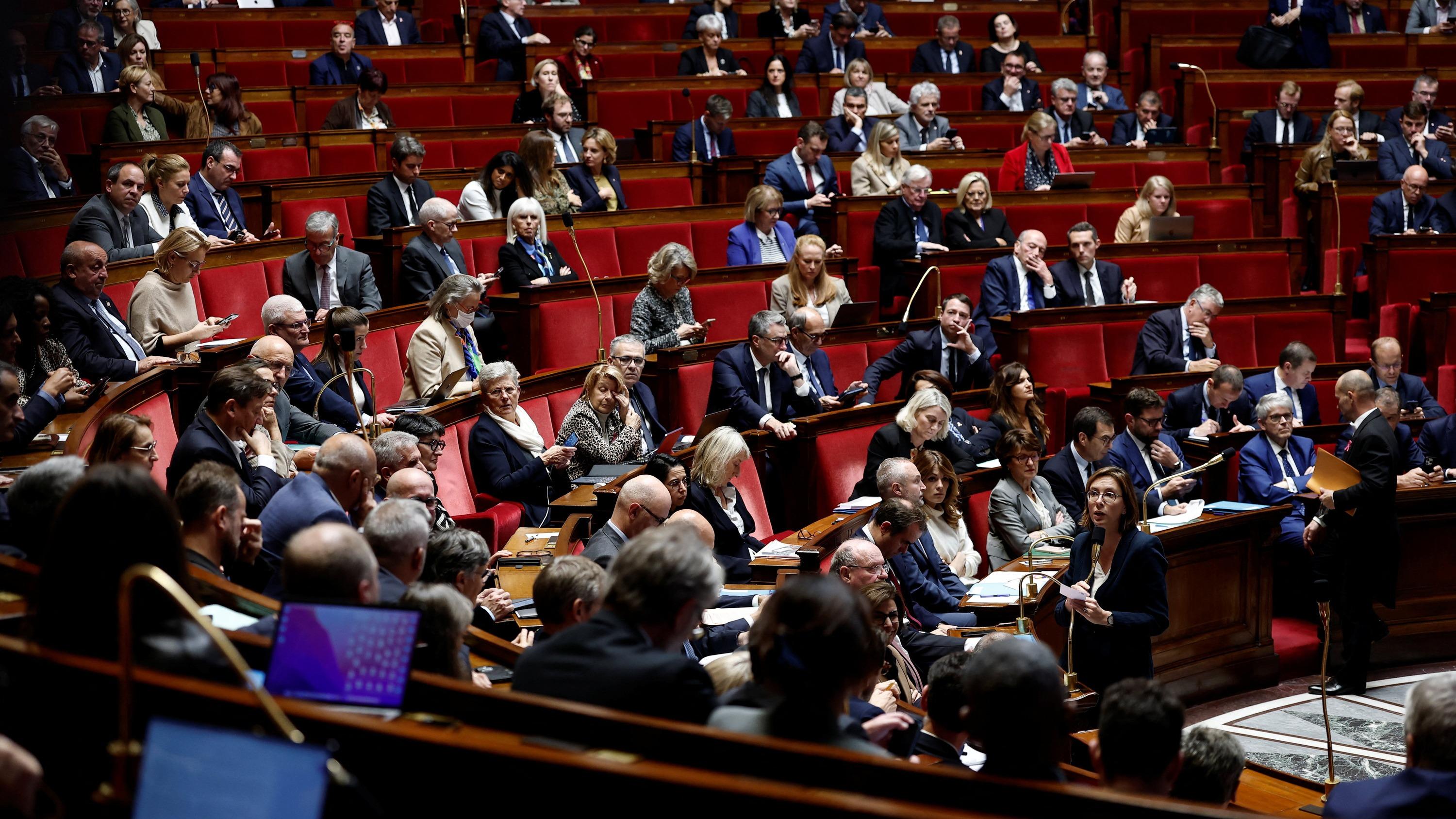2026 French Budget Faces Strong Opposition and Intense Debate in National Assembly
The 2026 French finance bill faces rejection in committee and contentious debates in the National Assembly, with deep political divisions and thousands of amendments shaping the process.
- • The 2026 budget proposal was rejected in finance committee with 37 votes against and 11 in favor.
- • Nearly 2,000 amendments were submitted, with only 262 adopted, reflecting broad political diversity.
- • Prime Minister Sébastien Lecornu downplayed rejection, urging compromise and pledging debate freedom.
- • Strong divisions exist among parties, notably between the left-wing groups and the National Rally's influence on tax policy.
Key details
The 2026 French finance bill has encountered significant resistance as it moves into public debate in the National Assembly. After enduring a decisive rejection in the finance committee, where the budget proposal was voted down with 37 against and only 11 in favor, the parliamentary discourse is set to intensify. Critics, including Philippe Juvin of Les Républicains, have labeled the budget "not credible," highlighting deep political divisions. Only the parliamentary group led by Gabriel Attal endorsed the budget in committee, while opposition came from multiple parties including the National Rally (RN) and the left, with Les Républicains abstaining amid internal tensions and ministerial involvement.
This rejection follows a rigorous committee process during which nearly 2,000 amendments were submitted, reflecting the diverse political perspectives within the Assembly. Ultimately, 262 of the 1,622 amendments subjected to votes were adopted. These proposals cover a wide array of topics such as pensions, taxation measures like the Zucman tax, real estate capital gains, and fiscal niches, though many amendments were declared inadmissible under constitutional rules prohibiting revenue losses or new expenditures.
Prime Minister Sébastien Lecornu has downplayed the significance of the committee rejection as a "first round," urging lawmakers to find a compromise to move forward constructively. He has promised to uphold debate freedoms without resorting to Article 49.3, which allows the government to pass legislation without a parliamentary vote, signaling an intent for thorough deliberations despite dissent.
Notably, the Assembly faces a tight timeline with constitutional limits on the duration for passing budget-related bills, placing pressure on parliamentarians to navigate amendments and party disputes efficiently. The left wing shows particular fragmentation, with parties such as La France Insoumise and the Socialist Party diverging on strategy and leadership decisions. Meanwhile, the RN’s stances add another complex dimension, challenging negotiations especially around taxation policies targeting the wealthy.
As the Assembly commences debates on the revenue section of the budget, political observers anticipate a demanding and potentially contentious session ahead, underscored by the profound partisan splits and the government's determination to secure legislative approval of the 2026 budget within constitutional deadlines.
This article was translated and synthesized from French sources, providing English-speaking readers with local perspectives.
Source articles (5)
Source comparison
Latest news
France Returns the Djidji Ayôkwé Talking Drum to Côte d'Ivoire After Over a Century
Record 37 Days of Rain Triggers Ongoing Severe Flooding in Western France
Political Divisions and Social Tensions Intensify Following Quentin Deranque’s Death in Lyon
French Economy Minister Calls for Full Insurance Industry Mobilization Amid Devastating Storm Floods
France Boosts Social and Solidarity Economy with New Tools and Potential Tax Reforms in 2026
Saint-Nazaire Mayor Condemns Vandalism of Two Political Offices as Attack on Democracy
The top news stories in France
Delivered straight to your inbox each morning.



